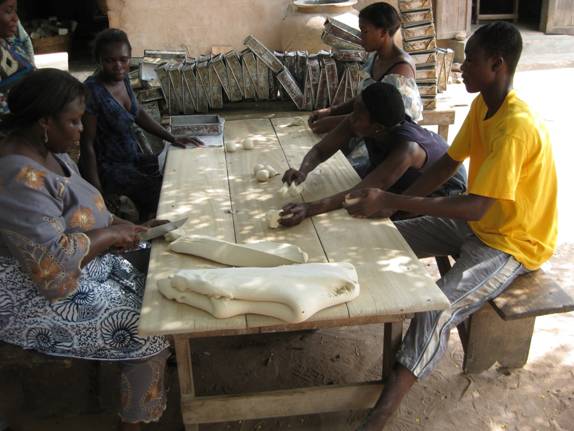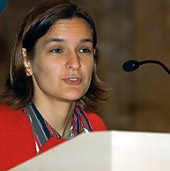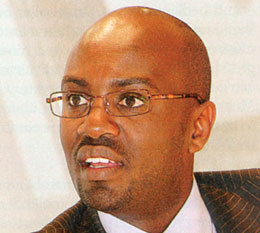Cry from the field in Nepal
by Scott MacLennan, veteran NGO leader resident in Nepal A few weeks ago I was again trekking the Tamang Heritage Trail with a group of medical volunteers. We stopped for the night in the village of Thambuchet which is a short distance from Chilime. There I found a brand new government building that is supposed to be a birthing center. The government has a big push on to stop home births and get the people to use government facilities. So, it's a really nice building. Problem is that it has never been equipped with anything and has no staff.
Ward 9 in Pokhara, Nepal affords another good lesson. Under UNICEF, the municipal day care center was disgraceful. The barely six-foot high tin roof made the children's home into a sauna during the monsoons. There were no toys or resources for teaching. There was no toilet and the children defecated on the front lawn. Little in the way of funding ever made it to the center. There were too many bureaucratic mouths to feed further up the management (verification) ladder. The NGO that now helps support this day care center in partnership with local government has transformed it on a shoestring budget.
Much of the part of Nepal where I work has phantom projects. Empty health posts and newly built birthing centers without staff or equipment are not uncommon. These are all development assets on someone's balance sheet. The government counts them as part of its national health program. The international community has, at the risk of sounding too critical, for the most part been quite willing to allow this to go on. So long as the donors and the government can say they have this, or they have that, regardless of the reality of existence, everyone seems happy. The verification part of this industry thrives on the non-reality of it all.
Only small NGOs it seems are able to actually get out in the field and get their hands dirty making things happen. Past a certain size (what is that size?) the demands for official looking papers, reports, audits and the like overshadow the demand to actually provide aid. Large donors are just too caught up in the appearance of good business and good government. Form without substance.
Doing an inventory of small NGOs working in the various districts, then giving out small amounts of funding ($10,000-$20,000 a year) probably gets the most done. Skip the audits and heavy-duty report writing and verify with a small team equipped with a camera. A picture is worth a thousand words (or reports) it's there or it isn't and the camera tells you. NGOs with barely enough budget to survive have little motivation and opportunity to corrupt the process. They are community members themselves and the community can police its own quite effectively. Nearly anyone living in a small community in Nepal can tell you in short order who is working for the good of the community and who is lining their own pockets. Snap photos, ask the locals and you'll know for sure that your aid dollars did something.
That's my two cents from the field. I run The Mountain Fund, a very small NGO attempting to keep it real in Nepal. Photographic proof in my newsletters and please, stop and ask the locals about me. Oh, yes, I am taking over the empty birthing clinic and will raise the funds to equip and staff it myself. About $10,000 a year and I will send photos.
Thanks, Scott MacLennan
 From Aid to Equality
From Aid to Equality



 I was startled during a meal at a non-luxury restaurant out in the boondocks in Ghana when my Ghanaian hostess suggested I check out the bathrooms. Lo and behold, they were indeed incredibly clean and hygienic. The reason seemed to be given by the following sign outside the lavatory.
Apparently this private firm had won a lot of bathroom-cleaning contracts as a way to promote its own cleaning products for the homes of the Ghanaian middle class (I wish some entrepreneur in the US would think of this for our disgusting gas station bathrooms).
I was startled during a meal at a non-luxury restaurant out in the boondocks in Ghana when my Ghanaian hostess suggested I check out the bathrooms. Lo and behold, they were indeed incredibly clean and hygienic. The reason seemed to be given by the following sign outside the lavatory.
Apparently this private firm had won a lot of bathroom-cleaning contracts as a way to promote its own cleaning products for the homes of the Ghanaian middle class (I wish some entrepreneur in the US would think of this for our disgusting gas station bathrooms).











